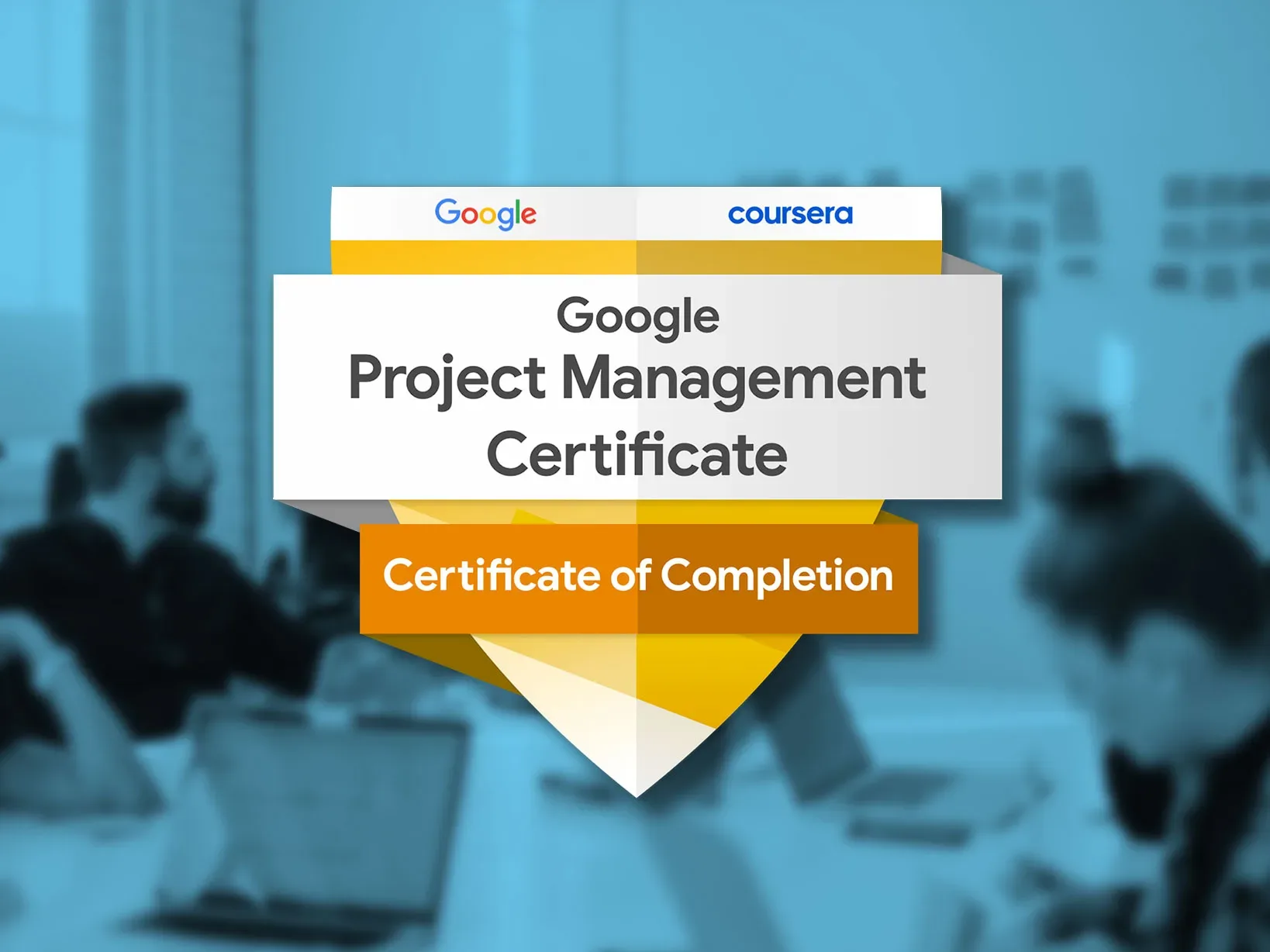My recent experience with the “Google Project Management Professional Certificate” on Coursera was nothing short of transformative. The course promised an understanding of what it’s like to be a project manager, providing insights into project lifecycles and various management approaches. And it delivered spectacularly.
Reflecting on the modules, I recognised the countless times I had stepped into the shoes of a project manager without even realising it. From organising charity race days for my old mountain biking club to creating induction packages for gas exploration companies, the subconscious application of project management principles was evident in my past ventures. However, it was the formal understanding of these principles, facilitated by the course, that truly opened my eyes.
One of the methodologies introduced was Agile. Agile’s iterative approach and emphasis on collaboration resonated deeply. I began to visualise the many scenarios in which Agile could have made processes more flexible and adaptive to change. Its principles, combined with insights on the Four Phases of Project Management and the significance of structured Communication, enriched my perspective.

Tools like RACI Charts and Dependency Graphs weren’t just theoretical aspects; they showcased practical applications in relevant authentic case studies. The emphasis on Task Dependencies was enlightening. I could recall moments when I plunged into tasks without recognising prior dependencies or missed the opportunity to do a parallel task at the same time.
A RACI chart is a visual tool that clarifies roles and responsibilities in projects, ensuring everyone knows who’s Responsible, Accountable, Consulted, and Informed at every step.
Moreover, the course description touched upon the journey to build a successful career in project management. Reflecting on this, I realised the difference between instinctively managing projects and doing so with a robust foundation. The latter, as the course emphasised, holds the potential for greater efficiency, clarity, and success.
In wrapping up, my journey with the Google Project Management Professional Certificate was illuminating. It made me revisit past experiences, recognising both my unconscious competence and the areas ripe for improvement. With this enriched knowledge base, I can harness the best of project management techniques, ensuring more streamlined processes and commendable project outcomes in the future.

